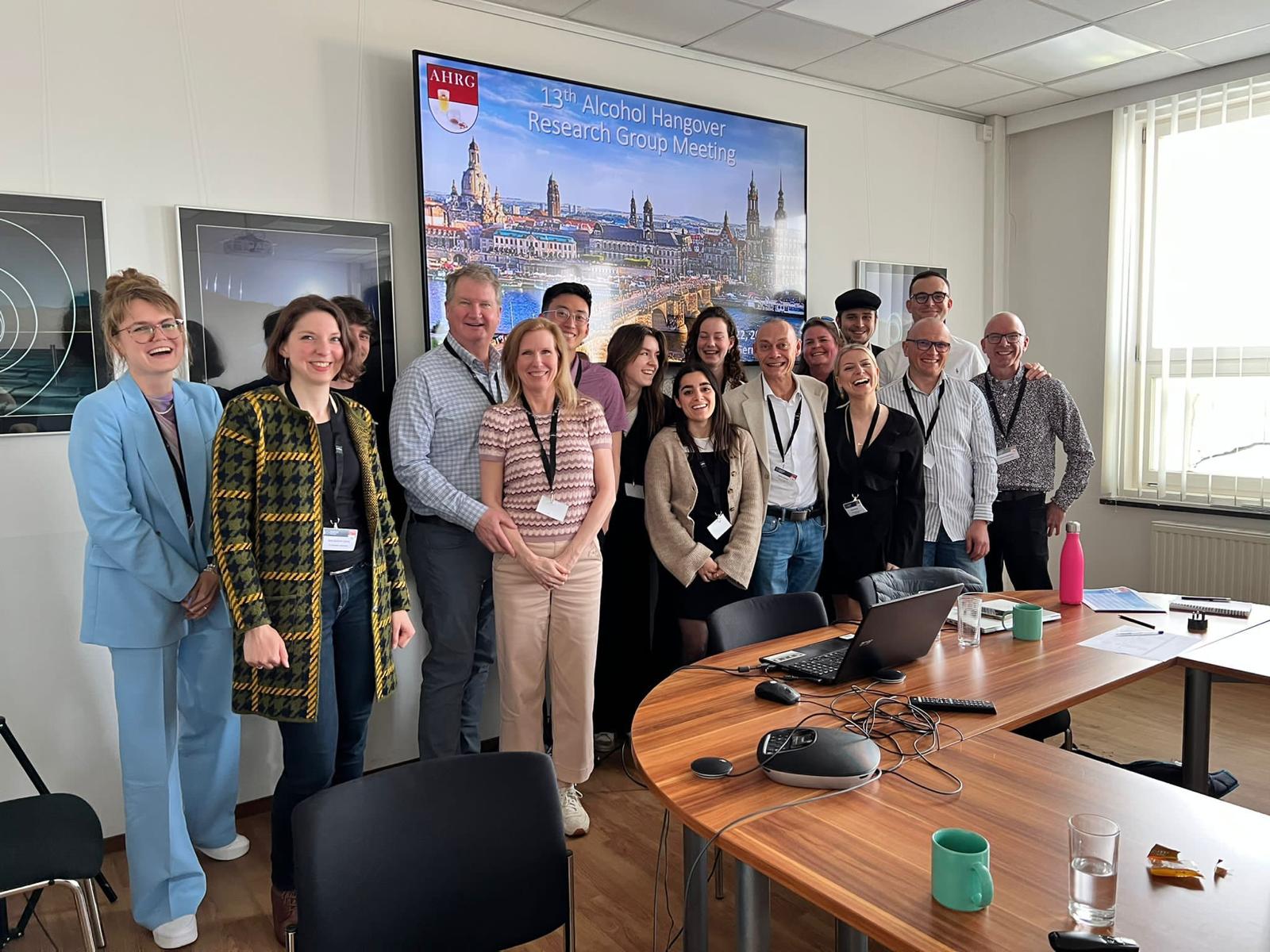Top international researchers on the causes, consequences and treatment of alcohol hangovers will be coming to Paisley and Glasgow next week.
The groundbreaking Alcohol Hangover Research Group (AHRG) will be holding its annual meeting for the first time in Scotland between Thursday 11 to Saturday 13 April at venues across Glasgow and Paisley.
Formed in 2010, the AHRG aims to bring together academia and industry to discuss recent developments in alcohol hangover research. The objectives of these annual meetings
are to present recent research findings, discuss future research directions, raise the profile of alcohol hangover research, and to start new research collaborations.
Evidenced discoveries from AHRG researchers include:
- Rate of alcohol metabolism and the immune system can determine the severity of hangovers
- Hangovers can occur after consuming any amount of alcohol, not just larger quantities as once thought
The AHRG is also responsible for the definition of alcohol hangover that is used in scientific research and for the inclusion of alcohol hangover in the ICD 11 (International Classification of Diseases, WHO, 2021). This is particularly important as, despite their popularity, there are currently no proven effective hangover treatments on the market. This classification has led to the marketing of such products as treatments to be prohibited in some countries.
Organiser of this year’s meeting, Dr Gillian Bruce from University of the West of Scotland (UWS), said, “When the AHRG was initially founded in 2010, there was very little research into alcohol hangovers so it’s fantastic to look back at the positive impact our research has had on people’s health over the past 14 years.
“It’s an honour to be hosting the group in Scotland for the first time and it’s a really relevant subject considering the issues and stereotypes around the country’s drinking culture.”
The group will attend UWS’ Paisley campus on 12 April for a full day of scientific presentations on the causes, consequences, and treatment of alcohol hangovers. Researchers will present their latest findings and research plans as well as discussing potential future research collaborations.
Previous locations for the conference include France, the Netherlands, Germany, Canada, America, Australia, Fiji, and Argentina.

